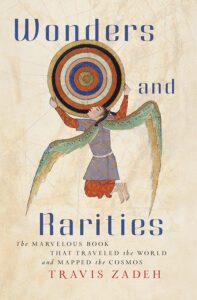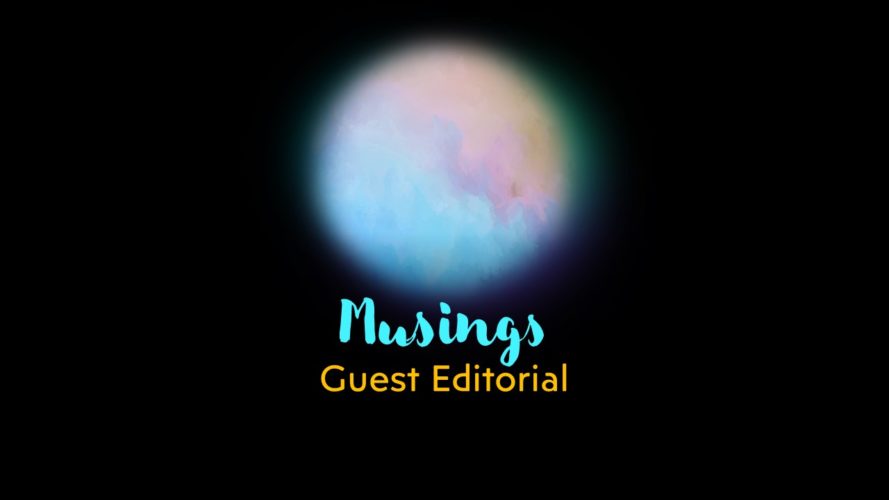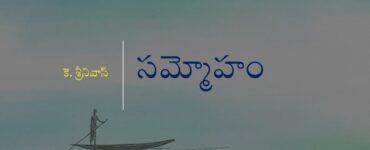 The world has become equivocally violent inside, outside and against religion. Polarisation of wings, schools of philosophy, places of worship and their many versions of history, is not helping us in any way to water a better world. Books and treatises are being maligned to uplift the politics of an ideology that has finally owned multiple philosophies even though we know that no one’s going to pay the rent. An objective individual would rationalize or justify violence (physical and mental) to nullify the idea he feels is disregarding. But at the same time, an enlightened, or maybe, observant individual would believe in filtering the content for a combined development. The hunt starts with the scriptures. Extremists of the new age want to empty the human consciousness by finely scrubbing the vision of all those philosophers who believed in seeking for the ultimate in the bits and chunks around them.
The world has become equivocally violent inside, outside and against religion. Polarisation of wings, schools of philosophy, places of worship and their many versions of history, is not helping us in any way to water a better world. Books and treatises are being maligned to uplift the politics of an ideology that has finally owned multiple philosophies even though we know that no one’s going to pay the rent. An objective individual would rationalize or justify violence (physical and mental) to nullify the idea he feels is disregarding. But at the same time, an enlightened, or maybe, observant individual would believe in filtering the content for a combined development. The hunt starts with the scriptures. Extremists of the new age want to empty the human consciousness by finely scrubbing the vision of all those philosophers who believed in seeking for the ultimate in the bits and chunks around them.
Wonders and Rarities (Ajaʾib al-Makhlūqāt wa-gharāʾ ib al-mawjūdāt) is one such book of the Abrahamic religion (primarily Islamic) that has been shaping the idea of the Islamic scholars and readers to get a better look of the things which are dimensionless. More than seven-hundred years ago, Abū Yaḥyā al-Qazwīnī, wrote about how the reality of the human mind should blend with universal consciousness by knowing the cosmos in its complete circle. Like a Gestalt thinker, or a scholar of Upanishads, Qazwīnī too believed in the relationship between something with everything. Also, how every tiny entity (living or non-living) is important for the existence of the universe with a larger story. Scholars did not try to explore this rare and important piece of work since it weakens the propaganda of atheists, critics, theologists, political masterminds, or simply, parasites.
The allegation against the dual perception of the followers of Abrahamic religion becomes false and mortal when we come across this treatise. A door to knowledge opens up with the majority of the cosmos forming the core. By the cosmos, a person can identify the material and immaterial. We are significantly associated with a figure of mystery that demands proper devotion, but the dissociation, with time, has become obligatory which, in turn, leads to complete separation or blindness. The scientific study of the identity of cosmos has been obscured by the dogmatism of the radical Muslims (not Islam) in all these decades. Therefore, after such a long time, Travis Zadeh magnified it for the modern society knowing that for its origin, the violence around the Quran and Hadith would become obsolete. It forces the binary world to talk about the infinity and dimensionless reality of the cosmos. From plants and animals to the creation of geographical wonders, the organics of its philosophy is still a well-weaved documentation of what we want to have with us.
Qazwīnī wanted the readers to comprehend the hidden reality by themselves since the scripture itself is trying to explore a riddle through human conscience. The scholar enveloped the teachings of the Greek philosophers shaping ‘Wonders and Rarities’ as a democratic document. Every scholar of both the past and the present have studied the world, in one way or another, to understand the purpose of life. This has led, most of them, towards a process of seeking the one who’s beyond our understanding – one can call the entity as God or something else. Even scientists used the Higgs-Boson experiment to know about the origin of the universe through a particle they referred to as ‘God’ particle. It is not strange that even though Qazwīnī was talking about a scientific reality, he was simply convinced by how he is just a medium to explore what Allah created for us – a better home with its rooms and associates.
Ajaʾib al-Makhlūqāt wa-gharāʾ ib al-mawjūdāt is a lens through which the world could know about all those Sufi saints who denied to stay caged. They did everything to keep the beauty of Allah’s creation even in the presence of venom, lies and deception. Qazwīnī cannot, or to say, should not be referred to as an intellectual, since his work is not for the intellect of the human mind. It is an example of the presence of faith and love to get into the deeper arenas of what a scientifically cultured human being calls as ‘the material world’. This book left the contemporary society with the advent of Modern Muslims after the fall of Ottoman Empire, wherein radicals started looking towards the cosmos to feed their ideology and market. But it is an important representative of the Abrahamic world, against all those who are working against its realm, by alienating its vast philosophy.
*









Add comment